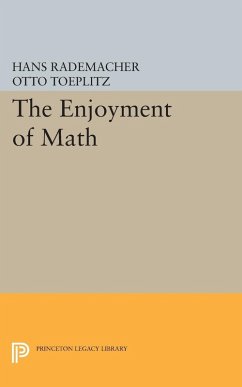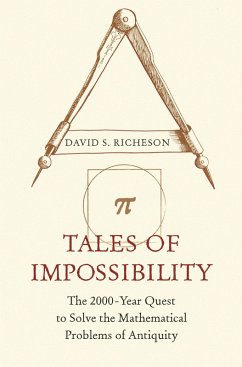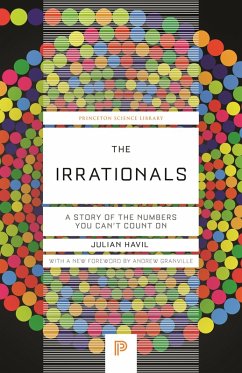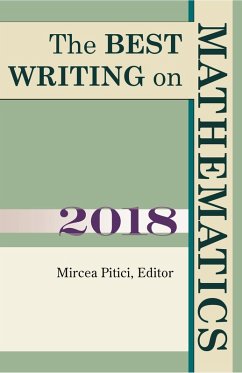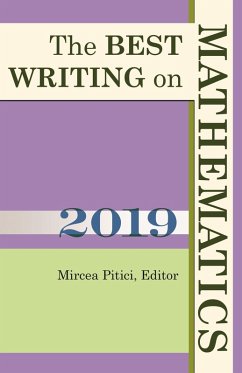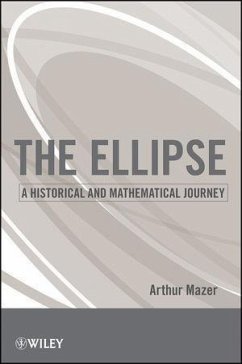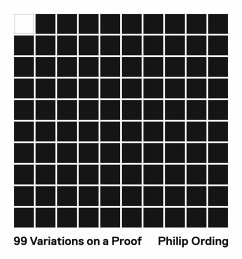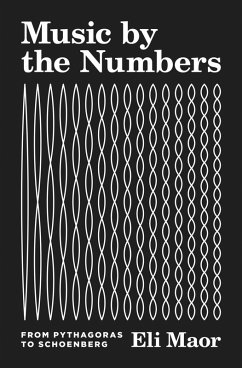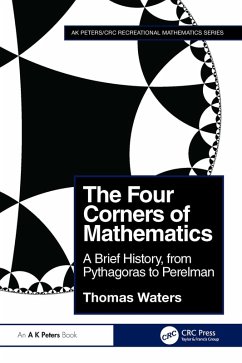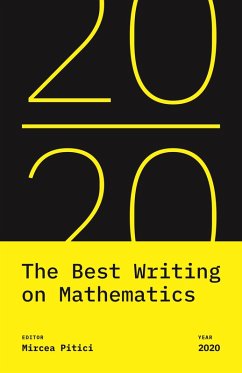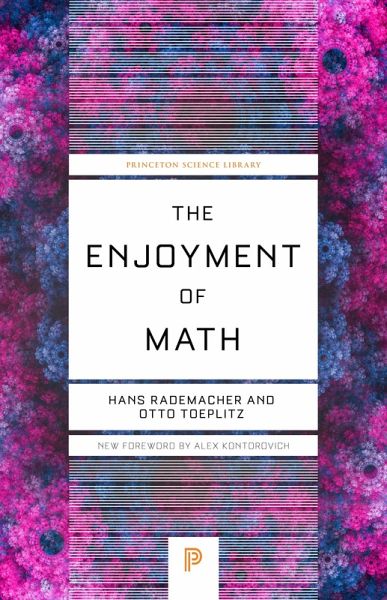
The Enjoyment of Math (eBook, PDF)
Versandkostenfrei!
Sofort per Download lieferbar
13,95 €
inkl. MwSt.
Weitere Ausgaben:

PAYBACK Punkte
7 °P sammeln!
The classic book that shares the enjoyment of mathematics with readers of all skill levelsWhat is so special about the number 30? Do the prime numbers go on forever? Are there more whole numbers than even numbers? The Enjoyment of Math explores these and other captivating problems and puzzles, introducing readers to some of the most fundamental ideas in mathematics. Written by two eminent mathematicians and requiring only a background in plane geometry and elementary algebra, this delightful book covers topics such as the theory of sets, the four-color problem, regular polyhedrons, Euler's pro...
The classic book that shares the enjoyment of mathematics with readers of all skill levels
What is so special about the number 30? Do the prime numbers go on forever? Are there more whole numbers than even numbers? The Enjoyment of Math explores these and other captivating problems and puzzles, introducing readers to some of the most fundamental ideas in mathematics. Written by two eminent mathematicians and requiring only a background in plane geometry and elementary algebra, this delightful book covers topics such as the theory of sets, the four-color problem, regular polyhedrons, Euler's proof of the infinitude of prime numbers, and curves of constant breadth. Along the way, it discusses the history behind the problems, carefully explaining how each has arisen and, in some cases, how to resolve it. With an incisive foreword by Alex Kontorovich, this Princeton Science Library edition shares the enjoyment of math with a new generation of readers.
What is so special about the number 30? Do the prime numbers go on forever? Are there more whole numbers than even numbers? The Enjoyment of Math explores these and other captivating problems and puzzles, introducing readers to some of the most fundamental ideas in mathematics. Written by two eminent mathematicians and requiring only a background in plane geometry and elementary algebra, this delightful book covers topics such as the theory of sets, the four-color problem, regular polyhedrons, Euler's proof of the infinitude of prime numbers, and curves of constant breadth. Along the way, it discusses the history behind the problems, carefully explaining how each has arisen and, in some cases, how to resolve it. With an incisive foreword by Alex Kontorovich, this Princeton Science Library edition shares the enjoyment of math with a new generation of readers.
Dieser Download kann aus rechtlichen Gründen nur mit Rechnungsadresse in A, D ausgeliefert werden.




